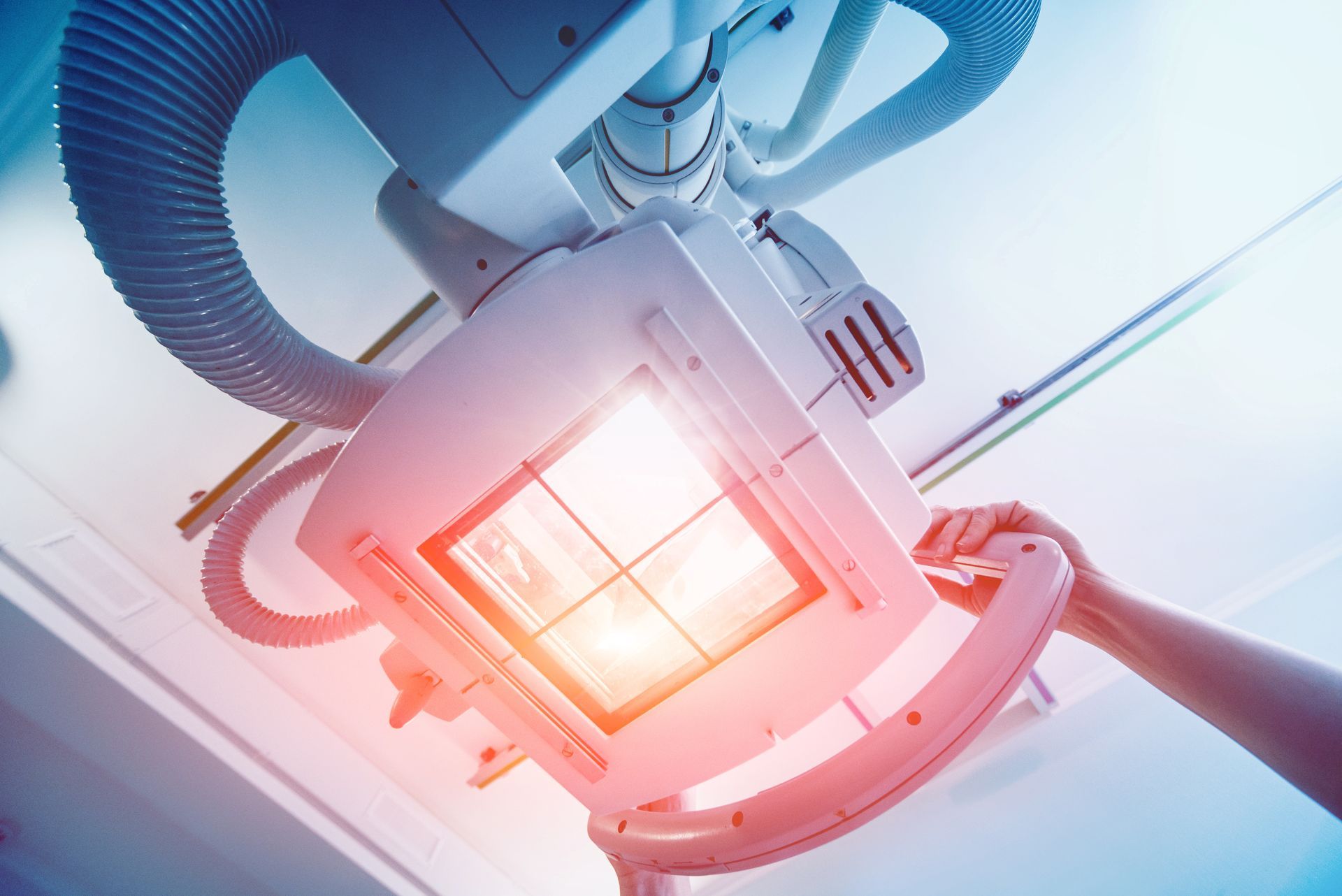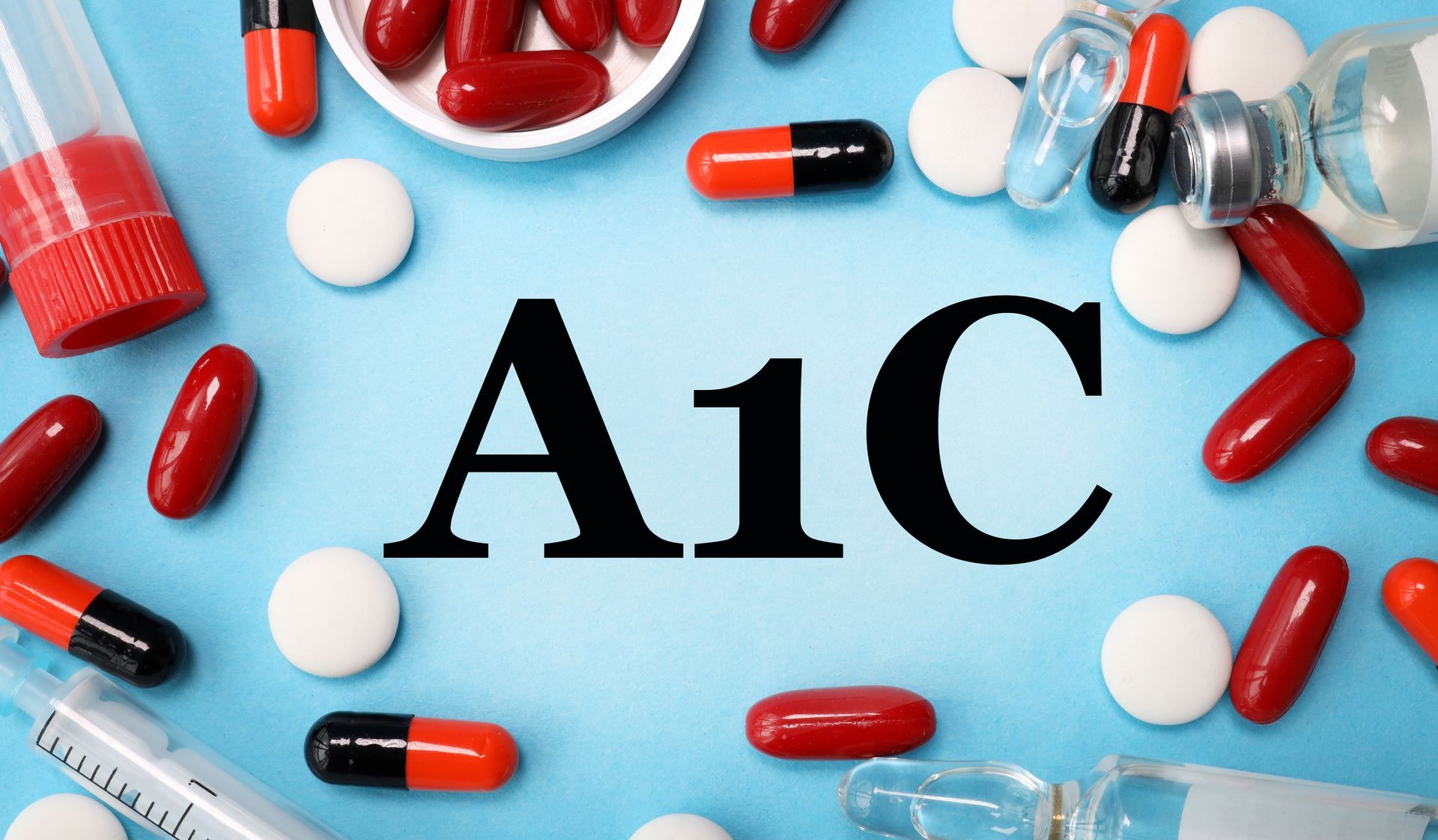Recent Posts
Why So Many People Miss the Warning Signs of High Blood Pressure

High blood pressure, also called hypertension, is one of the most common health conditions in the world, yet many people don’t even know they have it. Often referred to as the “silent killer,” hypertension usually doesn’t cause noticeable symptoms until it’s advanced or causing serious damage to the heart, brain, kidneys or blood vessels.
So how can you protect yourself from an illness that doesn’t show any symptoms? The answer is regular monitoring and healthy lifestyle choices.
What Is High Blood Pressure?
Blood pressure is the force of blood pushing against the walls of your arteries. When it’s consistently too high, the heart has to work harder to pump, which damages arteries and raises the risk of heart disease, stroke, kidney disease and other complications.
A normal blood pressure reading is around 120/80 mmHg. Hypertension is usually diagnosed when readings consistently reach 130/80 mmHg or higher.
Why People Miss the Warning Signs
1. High Blood Pressure Rarely Causes Symptoms
Unlike a broken bone or an infection, hypertension often develops slowly without obvious signs. Many people feel perfectly fine, even when their numbers are dangerously high. By the time headaches, dizziness or vision problems occur, damage may already be underway.
2. Symptoms Are Easy to Dismiss
Even when symptoms do appear, they’re often vague, like fatigue, shortness of breath or mild headaches. People tend to blame stress, lack of sleep or aging rather than suspect high blood pressure.
3. It’s Easy to Assume “I Feel Healthy”
Because hypertension is common in older adults, younger people sometimes believe they’re “too young” to worry about it. In reality, high blood pressure can affect anyone, especially those with risk factors like obesity, smoking or a family history of heart disease.
4. Infrequent Doctor Visits
Many adults don’t see their primary care provider regularly, especially if they feel well. Without routine checkups, elevated blood pressure often goes unnoticed until a medical emergency occurs.
Risk Factors That Increase Your Chances of Hypertension
Even without symptoms, certain factors make you more likely to develop high blood pressure:
- Family history of hypertension
- Being overweight or obese
- Smoking or frequent alcohol use
- High-sodium, low-nutrient diet
- Lack of physical activity
- Chronic stress
- Underlying conditions such as diabetes or kidney disease
Why Regular Monitoring Is Essential
Since high blood pressure often goes unnoticed, routine checks are the only reliable way to catch it early. Monitoring allows you to:
- Identify trends early: Even slightly elevated readings can signal risk. Regular blood pressure tests during checkups will allow doctors to identify a pattern of rising blood pressure.
- Prevent complications: Early detection allows for lifestyle changes or medication before damage occurs.
- Track effectiveness of treatment: If you’re already managing hypertension, regular checks help ensure your plan is working.
- Take control of your health: Knowing your numbers helps you make informed choices every day.
How to Monitor Your Blood Pressure
- At the doctor’s office: Your primary care provider will measure blood pressure at routine visits.
- At home: Home monitors are widely available and easy to use. Keeping a log can help track patterns and share results with your doctor.
- At pharmacies or community health events: Some pharmacies and clinics offer free blood pressure checks, and pharmacists can also help you choose a reliable home monitor.
For the most accurate results, measure at the same time each day, sit calmly for a few minutes beforehand and avoid caffeine, exercise or smoking right before checking.
Steps to Lower Your Risk
If your blood pressure is elevated or you want to prevent it from rising, these lifestyle changes can make a significant difference:
- Eat a heart-healthy diet: Focus on fruits, vegetables, lean proteins, whole grains and low-sodium options.
- Stay active: Aim for at least 150 minutes of moderate exercise each week.
- Limit alcohol and quit smoking: Both raise blood pressure and damage blood vessels.
- Manage stress: Techniques like meditation, deep breathing or yoga offer stress-relieving benefits.
- Maintain a healthy weight: Even modest weight loss can lower blood pressure.
Sometimes, lifestyle changes aren’t enough and medication is necessary. Your doctor can guide you toward the right balance of treatment and daily habits.
Are You Concerned That You Might Be Living With High Blood Pressure?
At St. Hope Healthcare, we believe prevention is the best medicine. Our compassionate team provides routine screenings, personalized treatment plans and ongoing support to help you manage your blood pressure and protect your long-term health.
Call St. Hope Healthcare today at (713) 778-1300 to schedule your blood pressure screening.









